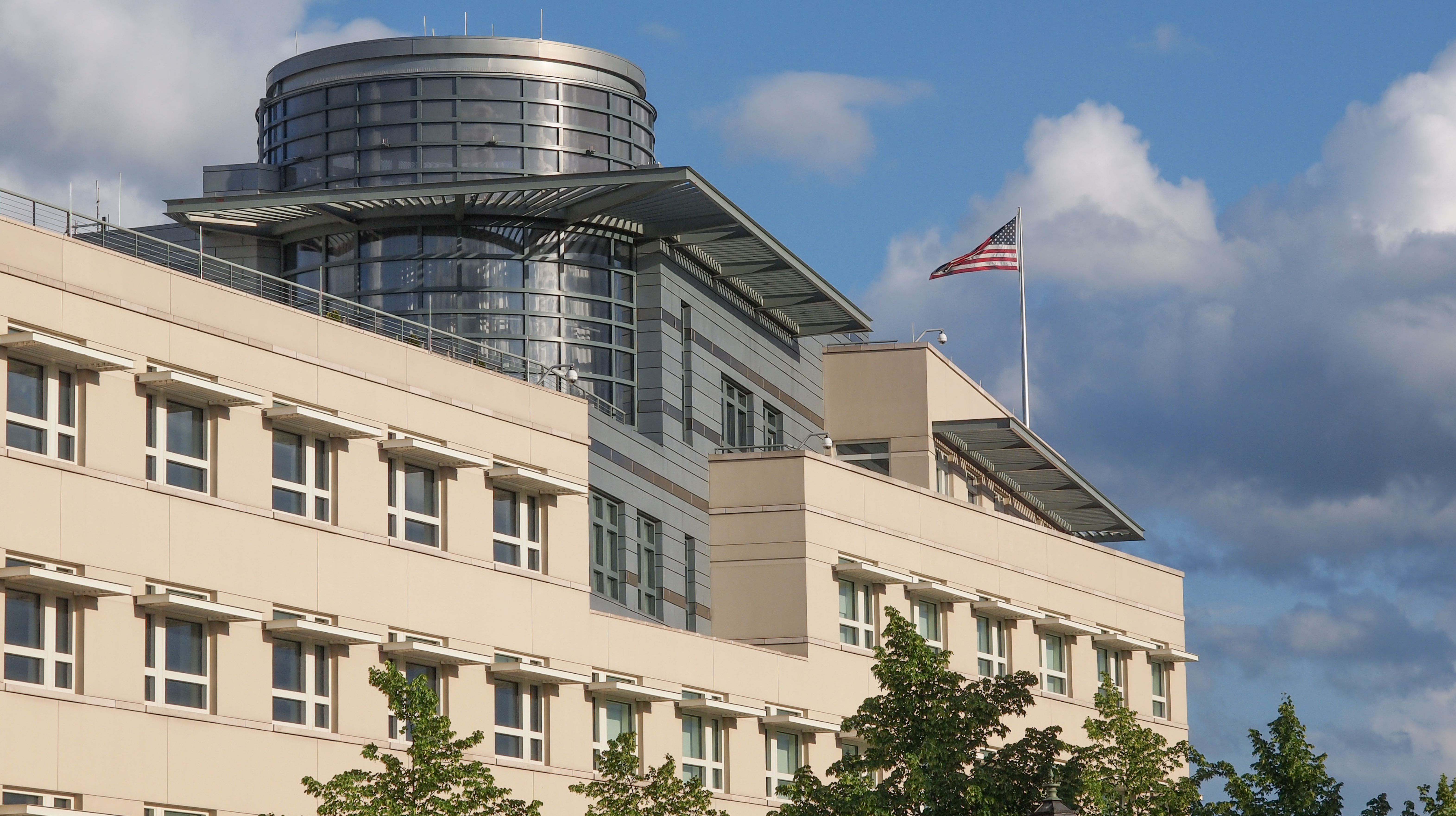A recent investigation suggests that the enigmatic phenomena known as “Havana syndrome” could be connected to a high-speed pursuit in Florida.
The situation in Cuba was initially brought to the attention of U.S. and Canadian embassy employees in 2016, and hundreds of American personnel in various nations thereafter reported it.
In a teaser for an upcoming story on CBS News’ “60 Minutes,” which will broadcast later on Sunday, police are seen using bodycam footage to pursue a car down a roadway in Key West in June 2020. The driver reaches high speeds of 110 mph throughout the 15-mile chase.He is eventually stopped and taken into custody. Officers discovered bank account notes and something that looked like a walkie-talkie that could delete all of the car’s computer data, including its GPS history, inside the man’s vehicle.
Officials discovered a Russian passport as well. According to the suspect, he goes by “Vitalii” and hails from St. Petersburg.
He keeps saying, “I don’t know,” in response to questions about why he ran from police.
The study was released a few weeks after a nearly five-year study by the National Institutes of Health found no explanation for the unexplained health issues that U.S. diplomats and other government workers had reported, including headaches, balance issues, and trouble thinking and sleeping. The NIH carried out numerous sophisticated tests but discovered no brain injuries or degeneration.It would seem that the NIH was in disagreement with certain previous findings that indicated the possibility of brain damage in individuals going through what the State Department now refers to as “anomalous health incidents.”
When Havana syndrome patients were compared to healthy government employees with similar duties, including those in the same embassy, sophisticated MRI scans found no significant abnormalities in brain volume, structure, or white matter – indicators of injury or degeneration. The results were also not statistically different in cognitive and other tests, as reported in the Journal of the American Medical Association.The fact that long-term markers common to brain scans following trauma or stroke were not visible was positive news, according to the researchers, even though it couldn’t rule out a temporary injury at the time symptoms started.
The study released on Sunday is the most recent chapter in a story that started when staff members at the American Embassy in Cuba started coming to the doctor for treatment of hearing loss and ringing in their ears after hearing unusual noises.
There were early worries that directed energy might have been employed by Russia or another nation to attack Americans. However, U.S. intelligence services reported last year that there was no indication of a foreign opponent being involved and that the majority of instances seemed to have various origins, such as environmental conditions or undetected illnesses.The goal of the 2018-started NIH study, which involved over 80 people with Havana syndrome, was not to investigate the possibility that a firearm or other trigger could cause the symptoms of the condition. According to Chan, the results support the conclusions drawn by the intelligence services.




